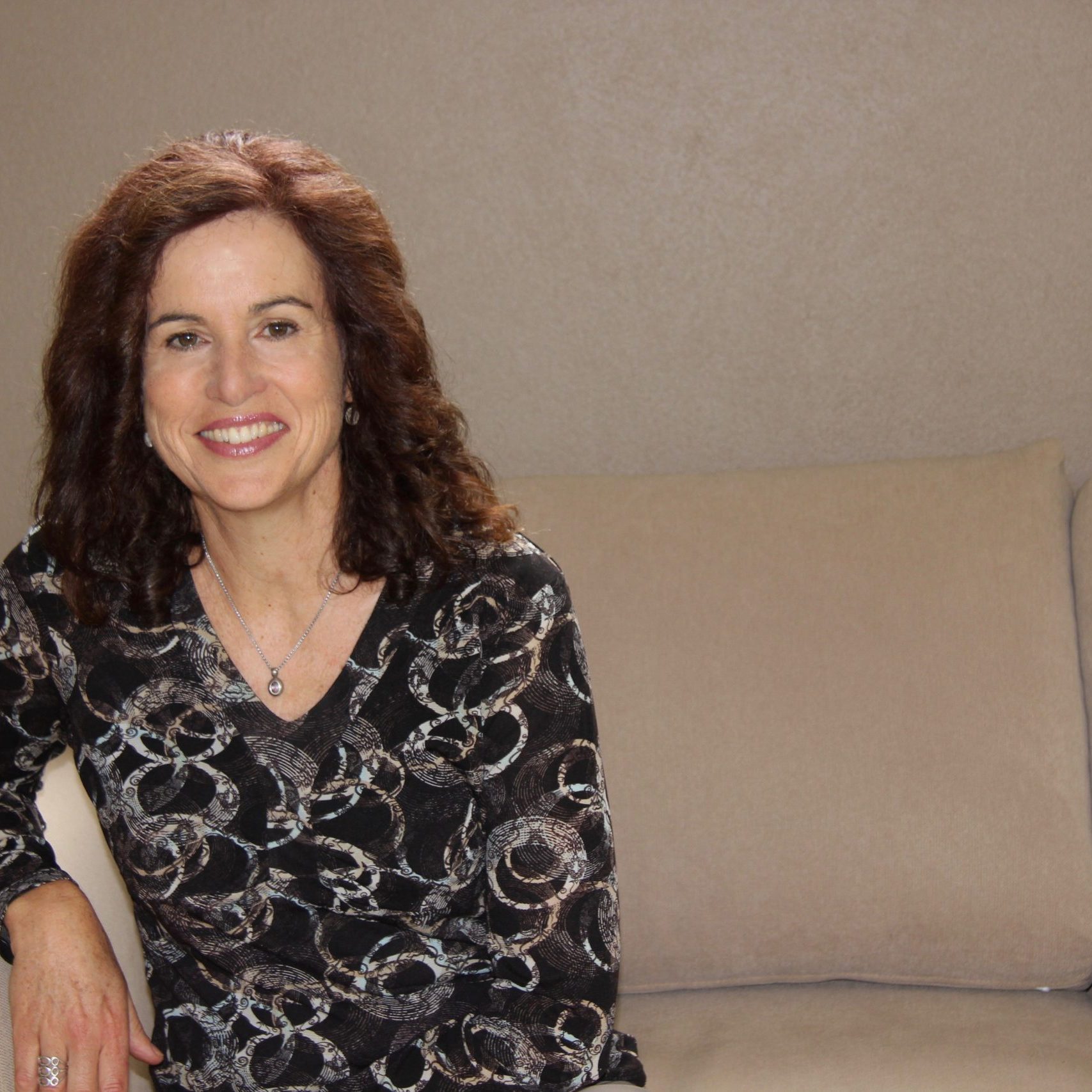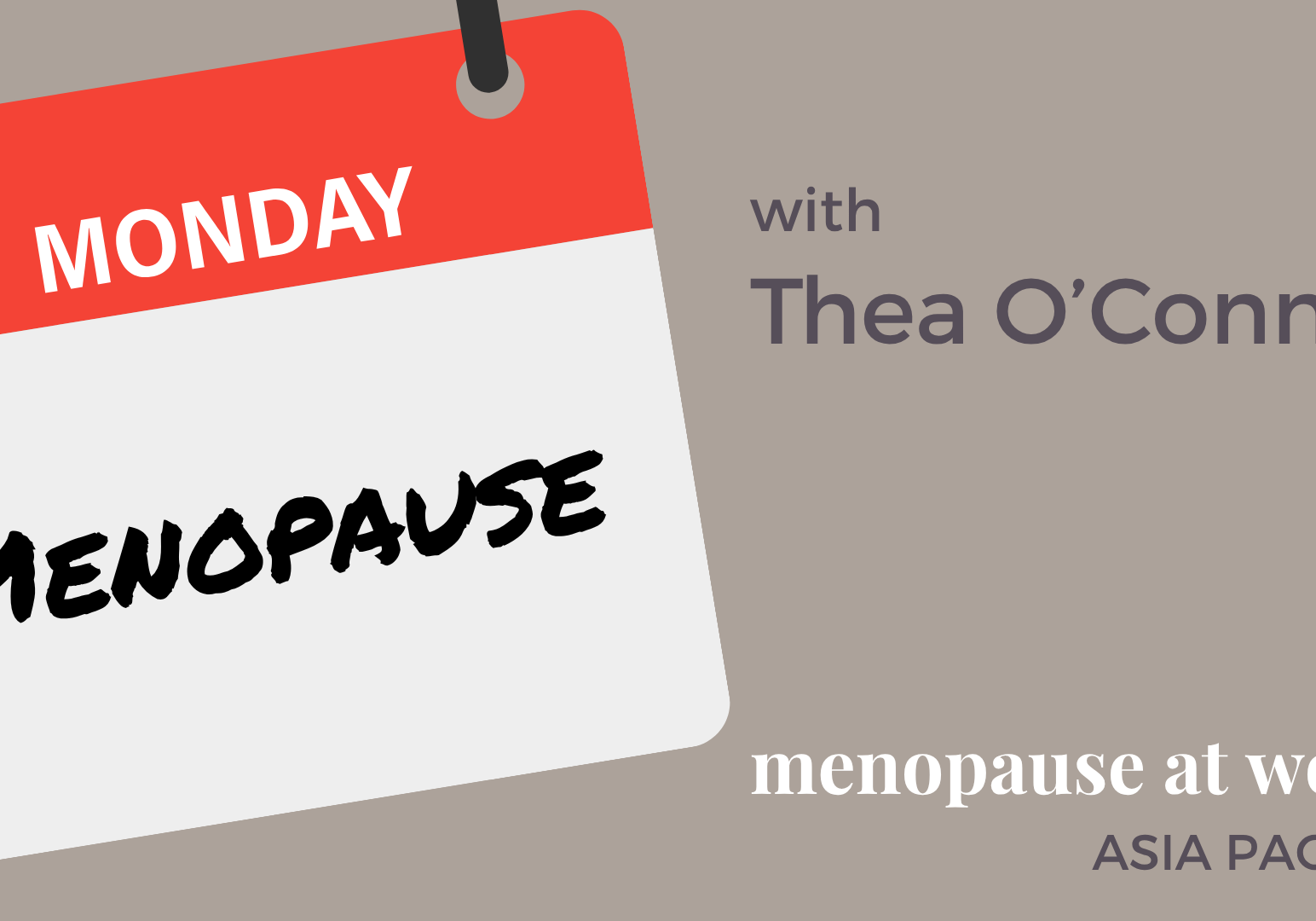Whats in your Cart?
Video Transcript
It’s Menopause Monday. Here’s Thea O’Connor.
I was at an event recently, sitting next to a doctor who had been one of the speakers. We started chatting about my work, and she commented, “Oh yes, menopause is a relatively modern phenomenon—it’s only fairly recently that advances in medicine have allowed people to live so much longer.”
I thought, “No, that’s not right,” but I didn’t get far in persuading her otherwise. So, here are some facts.
In the late 1800s in Australia—say around 1880 or 1890—the average life expectancy for women was about 50. That sounds low, but remember: an average is just that. Life expectancy at the time was dragged down by very high infant mortality rates and high death rates among children under five. Once a woman survived childhood, many in early 20th century Australia lived into their 70s and 80s.
Professor Susan Mattern, in her book The Slow Moon Climbs: The Science, History, and Meaning of Menopause, argues that the evolution of our species has depended on menopause. By no longer reproducing, women were freed to contribute in other crucial ways to the survival of their communities—whether by caring for grandchildren or offering wisdom and counsel.
As Mattern puts it: “Old arguments that few premodern humans lived past menopause can be relegated to the garbage heap of scholarship.”
So, menopause is not a modern accident—it’s by design.
In this week’s Menopause Monday chat, Thea O’Connor challenges the idea that menopause is a “modern phenomenon” caused by longer lifespans. Drawing on history and Professor Susan Mattern’s book The Slow Moon Climbs, she explains that many women in past centuries lived well beyond menopause, and that this life stage has played a vital evolutionary role. Far from being an accident, menopause is by design—freeing women to contribute wisdom, care, and leadership essential to the survival of their communities.
Share this post on your socials:

Introducing, Thea O'Connor
Thea is a workplace wellbeing advisor, TEDx speaker, and national leader on menopause at work. She draws on her own qualitative research with working women, 30 years’ experience in health promotion, and a deep understanding of workplace culture to design practical, inclusive support. Known for tackling taboo topics with ease and insight, Thea helps organisations create healthier, more supportive environments—particularly for people navigating menopause.


